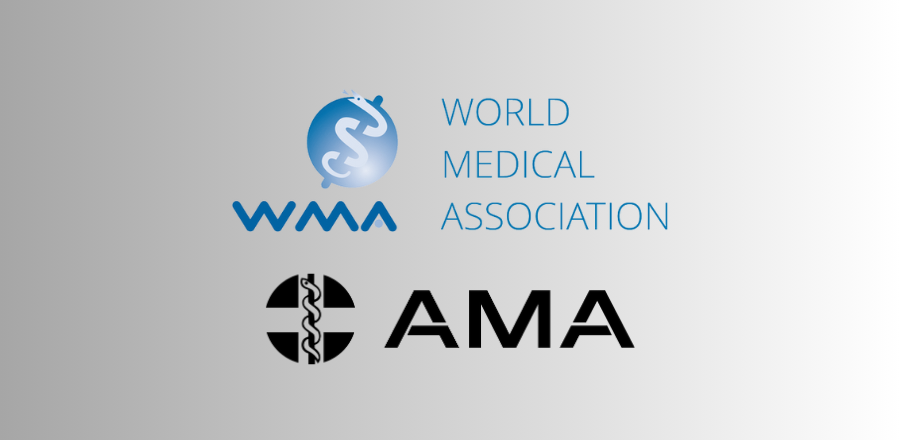AMA urges government to support WMA recommendations
The AMA wrote to the PM this week urging the federal government to support WMA resolution on protection of healthcare in Israel and Gaza.

This week the AMA wrote to Prime Minister Anthony Albanese urging the Australian Government to support the recommendations outlined in the World Medical Association’s Council Resolution on the Protection of Healthcare in Israel and Gaza.
The recommendations are the latest in a series of policies adopted by the WMA to raise awareness of the importance of medical neutrality in conflict zones and the protection of healthcare workers, specifically in relation to the ongoing health and humanitarian crisis in Gaza.
Attended by AMA President Professor Stephen Robson and immediate past President Professor Omar Khorshid, the AMA along with other national medical association members of the WMA voted to support the council resolution at the 226th WMA Council session in Seoul, Korea on 20 April 2024.
The resolution outlines the WMA’s concerns in relation to the deepening healthcare and humanitarian crisis in Gaza, the growing starvation, the lack of medical care and the continued imprisonment and abuse of hostages.
In the resolution, the WMA Council and its constituent members call for the following:
1. A bilateral, negotiated and sustainable ceasefire in order to protect all civilian life, secure the release and safe passage of all hostages and to allow the transfer of humanitarian aid for all those in need.
2. The immediate and safe release of all hostages.
3. Pending their release, humanitarian aid and healthcare attention to be provided to the hostages.
4. All parties to abide by international humanitarian law and the principle of medical neutrality to safeguard the rights and protection of healthcare facilities, healthcare personnel and patients from further threat, interference and attack.
5. Unimpeded and accelerated humanitarian access throughout all of Gaza, including the entry of humanitarian aid and safe passage of medical personnel. This also includes the evacuation of urgent medical cases to reduce secondary morbidity and mortality, public health risks, and alleviate pressure on hospitals inside Gaza.
6. The re-establishment of access to healthcare and the creation of a safe working environment for healthcare personnel to work in through the restoration of medical capacity and essential services.
7. Verified investigations into alleged gross violations and abuses of human rights and international humanitarian law including attacks on healthcare staff and facilities and the misuse of those facilities for military purposes.
8. The upholding by physicians of the principles in the WMA Declaration of Geneva and other documents that serve as guidance for medical personnel during times of conflict.